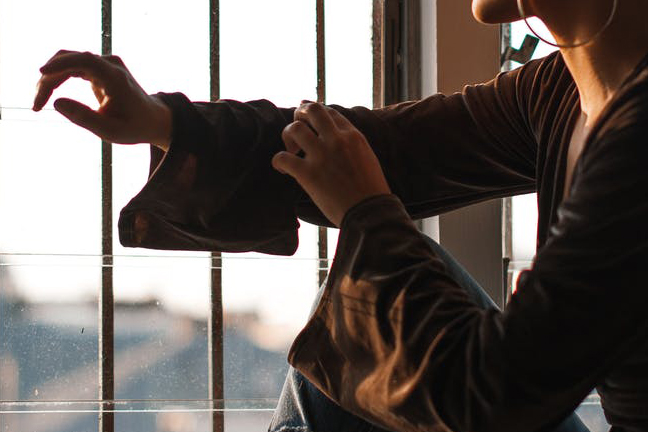How are you doing? How are you really doing??
If you ask me how I’m doing, I’ll always answer, “I’m good!” But, I’m not always sure if I am good. It has been a long year.
I worried a lot. Will the garden grow, will the rivers
“I Worried” by Mary Oliver
flow in the right direction, will the earth turn
as it was taught, and if not how shall
I correct it?
Was I right, was I wrong, will I be forgiven,
can I do better?
Will I ever be able to sing, even the sparrows
can do it and I am, well,
hopeless.
There has been a lot to worry about this past year. Author Anne Lamott describes it, “My best friends are exhausted. We have scary diagnoses, we zoom into memorial services, our short term memories dissolve like Pop Rocks. And Jeremiah says, ‘The harvest is past,’ and Elijah lay under a bloom brush and said, ‘I have had enough.’ Then he slept” (from Dusk, Night, Dawn).
When is it enough? Kate Bower, in her podcast, Everything Happens, asks, “How do we find ‘enough’ in a life that keeps getting…. harder? Our lives are shrinking. We are shrunk by the pandemic or by illness, by age, or by any number of losses. Life is not always bright and shiny. We’re not feeling very #blessed.”
Where is God in all of this? What about faith in the eternal love and presence of God?
In February 2021, 40% of Americans had symptoms of anxiety or depressive disorders. Our post-pandemic anxiety is still strong … and are we really post-pandemic?
Is a worldwide mental health crisis the next pandemic? Two-thirds of US adults say their sleep quality has declined in the past year. More than half have experienced undesired weight changes, and one in four are drinking more. Between the social isolation, economic instability, political turmoil, racial violence, death and sickness, and uncertain future, no wonder mental health in the US is on the decline and demand for treatment is skyrocketing. (Psychology Today, March 2021)

Many resources for coping have been removed by the pandemic. This includes our gathering as a body of believers. Even most of our spiritual community has been virtual. No touch allowed.
Yet our foundational belief in the spiritual community is the key to finding God’s love despite our circumstances. Bowler tells us that the feeling of “not enough” is met by community. We can be made enough by the touch of each other: touch of our families, friends, church, mental health providers, God.
Community is our “emergency button.” To survive, push the button. We are not alone. We are in survival faith mode, where all we need is a daily dose, like my blood pressure pills, just enough for the day. Nothing big, just enough.
As we re-enter the new normal, we need to be kind and gentle, for most of us are suffering the emotional repercussions of the last year. You are not alone in this. We can seek help, this is not a time for stigma. Reach out and touch.
So we pray. We pray that you will take away our natural temptation for cynicism, denial, fear and despair. Help us have the courage to awaken to greater truth, greater humility, and greater care for one another. May we place our hope in what matters and what lasts, trusting in your eternal presence and love. (by Richard Rohr)
And after we pray, Mary Oliver invites us:
Finally I saw that worrying had come to nothing.
And gave it up. And took my old body
And went out into the morning
And sang.
The opinions expressed in articles posted on Mosaic’s website are those of the author and may not reflect the official policy of Mosaic Conference. Mosaic is a large conference, crossing ethnicities, geographies, generations, theologies, and politics. Each person can only speak for themselves; no one can represent “the conference.” May God give us the grace to hear what the Spirit is speaking to us through people with whom we disagree and the humility and courage to love one another even when those disagreements can’t be bridged.
